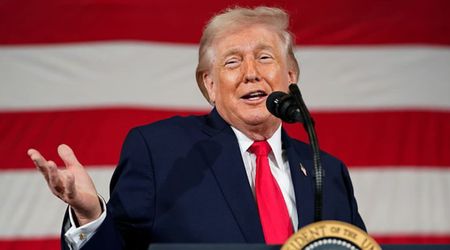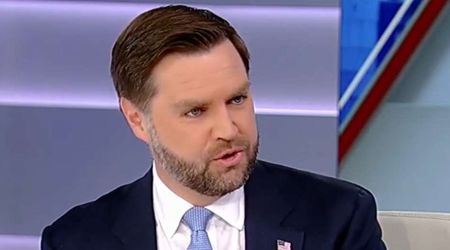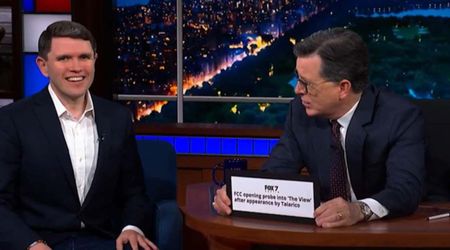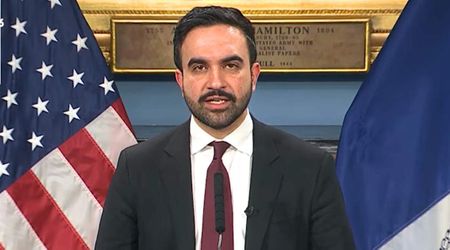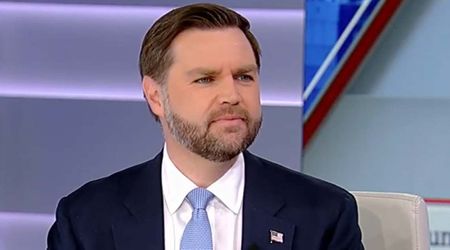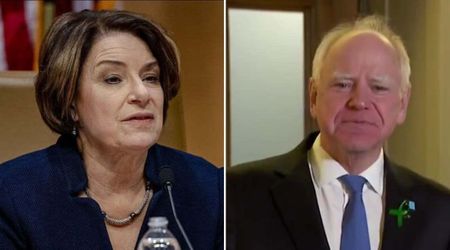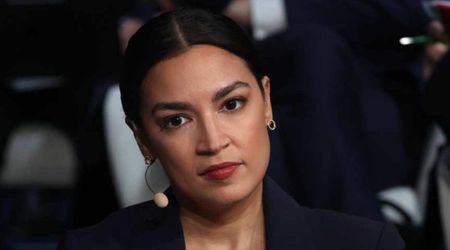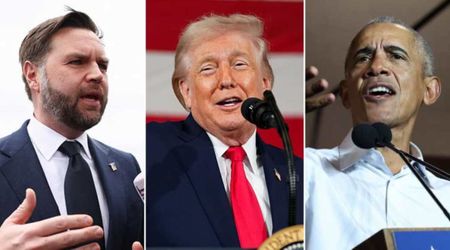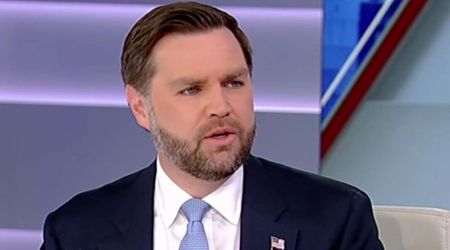6 reasons why Joe Biden's visit to France on D-Day signals the end of an American era
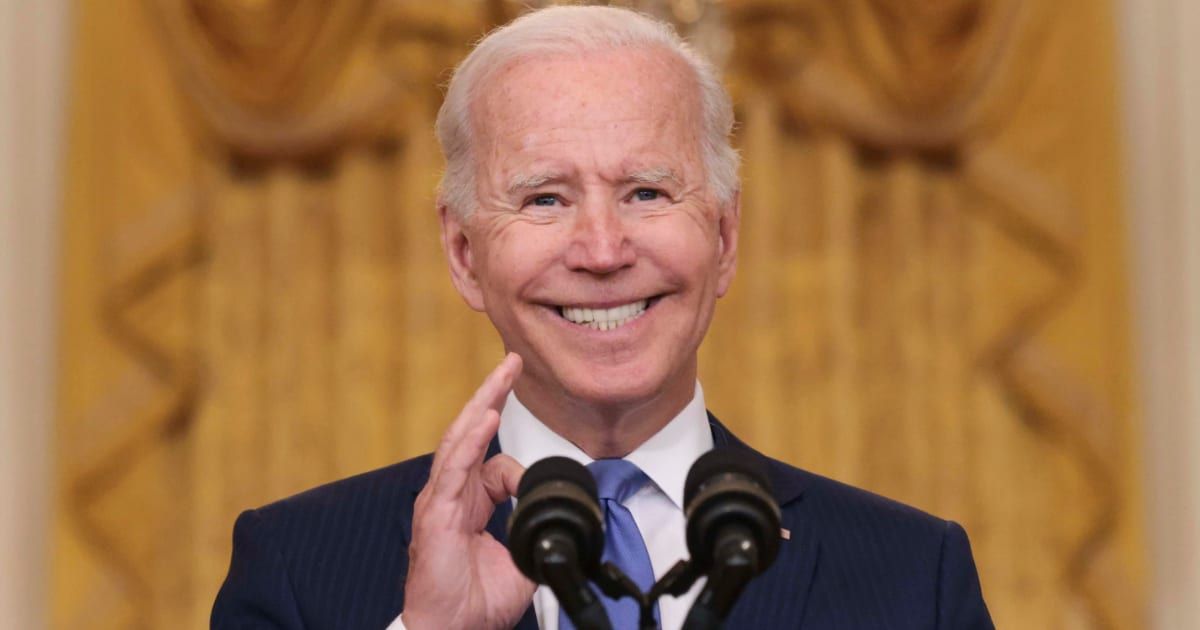
Here's why Biden's D-Day visit to France signals the end of an American era

The 80th anniversary of the D-Day landings, observed by President Joe Biden in France, symbolizes a poignant moment in history. It not only honors the sacrifices of many on the beaches of Normandy but also reflects a critical juncture for the United States and its role in global leadership. As the last of the old soldiers fade into history, Biden's visit may mark the end of an era defined by American dominance and unwavering support for internationalist values. The ceremony, while commemorative, underscores a time of paradoxical unity and dread among NATO nations, questioning the future of US leadership in an increasingly turbulent world.
1. Waning presence of D-Day veterans

The 80th anniversary of D-Day is likely the last major commemoration to see a significant number of surviving veterans. The youngest of those who stormed the beaches are now nearing 100 years old. This diminishing presence marks the end of a living connection to the historic sacrifices made for the liberation of Europe, signaling a transition from living memory to historical remembrance.
2. Questionable US leadership in NATO

The unity observed among NATO leaders contrasts sharply with underlying fears about US commitment to the alliance. The stability of US leadership, which has been a cornerstone of NATO since its inception, is now in doubt. Former President Donald Trump's critical stance on NATO and his recent comments on allowing Russia to dominate if allies don't increase defense spending have shaken the alliance's foundation. Even with Biden in office, there are concerns about America's long-term willingness to uphold security guarantees.
3. Rising populism and challenges to democracy
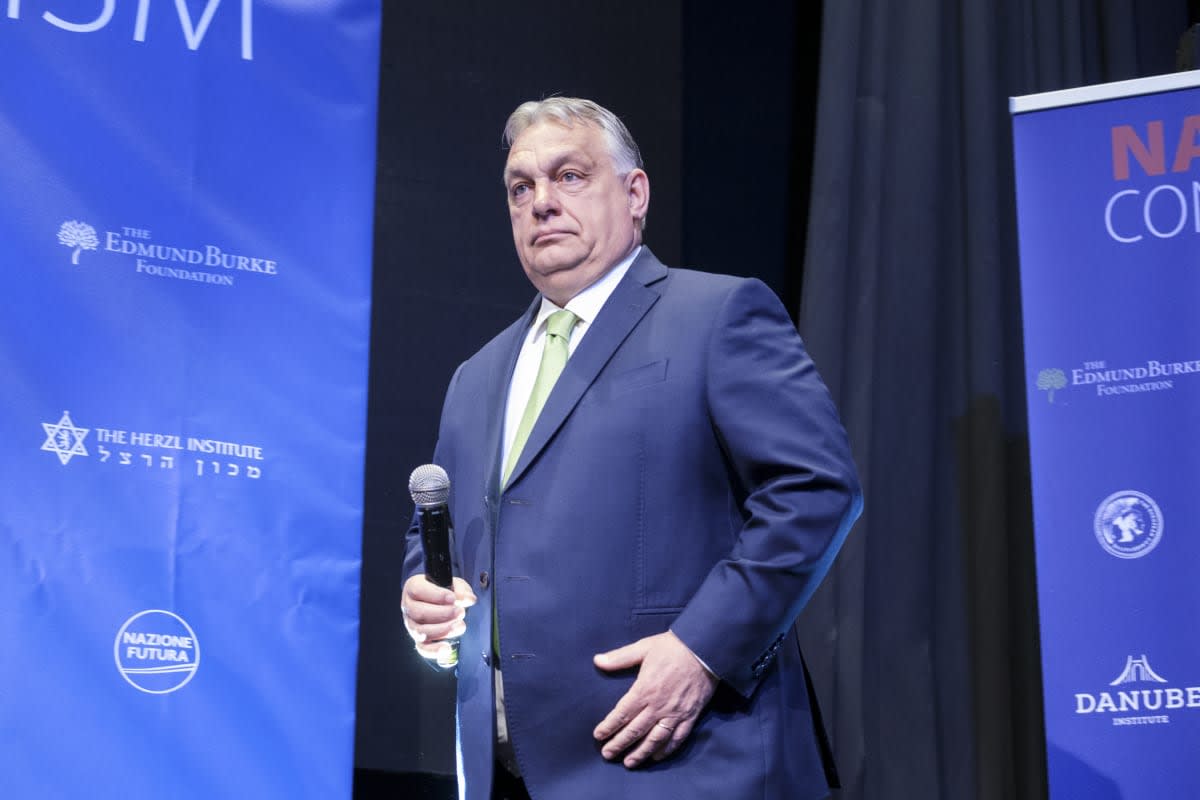
Democracy faces significant challenges from right-wing populism on both sides of the Atlantic. The resurgence of populist movements threatens the globalist values established post-World War II. The political center in key European nations like France and Germany is under pressure, and the upcoming EU elections are expected to see gains for the right wing. This internal threat to democratic stability is compounded by the external pressures from authoritarian regimes in Russia and China.
4. Shifts in US foreign policy priorities

The "America First" philosophy, deeply rooted in the Republican Party, has led to a shift in US foreign policy priorities. This inward-looking approach, influenced by years of military setbacks in places like Iraq and Afghanistan, reflects a growing sentiment that global engagements do not benefit domestic prosperity and security. As a result, there is a noticeable reluctance among Americans to maintain their traditional global role, prompting European nations to reconsider their own security strategies.
5. The impact of Trump's foreign policy legacy

Trump's tenure introduced a volatile and unpredictable element to US foreign policy. His admiration for authoritarian leaders and skepticism towards alliances transformed the US from a stabilizing force into a source of disruption. This legacy has left many international leaders questioning whether Biden's presidency represents a brief return to normalcy or a lasting recommitment to global leadership. The possibility of Trump's return to power looms large, influencing the prevailing geopolitical dynamics.
6. Broader geopolitical context

The D-Day commemoration occurs amid a complex geopolitical landscape. Russia's aggression in Ukraine and China's rise pose direct challenges to the Western-dominated global order established after World War II. The presence of Ukrainian President Volodymyr Zelensky at the ceremony underscores the ongoing struggle for democracy and territorial integrity in Europe. Meanwhile, Putin's exclusion from the event highlights the deepening isolation of Russia under his leadership. This further showcases the fragile state of international relations and the critical role of US leadership in maintaining global stability, per CNN.

